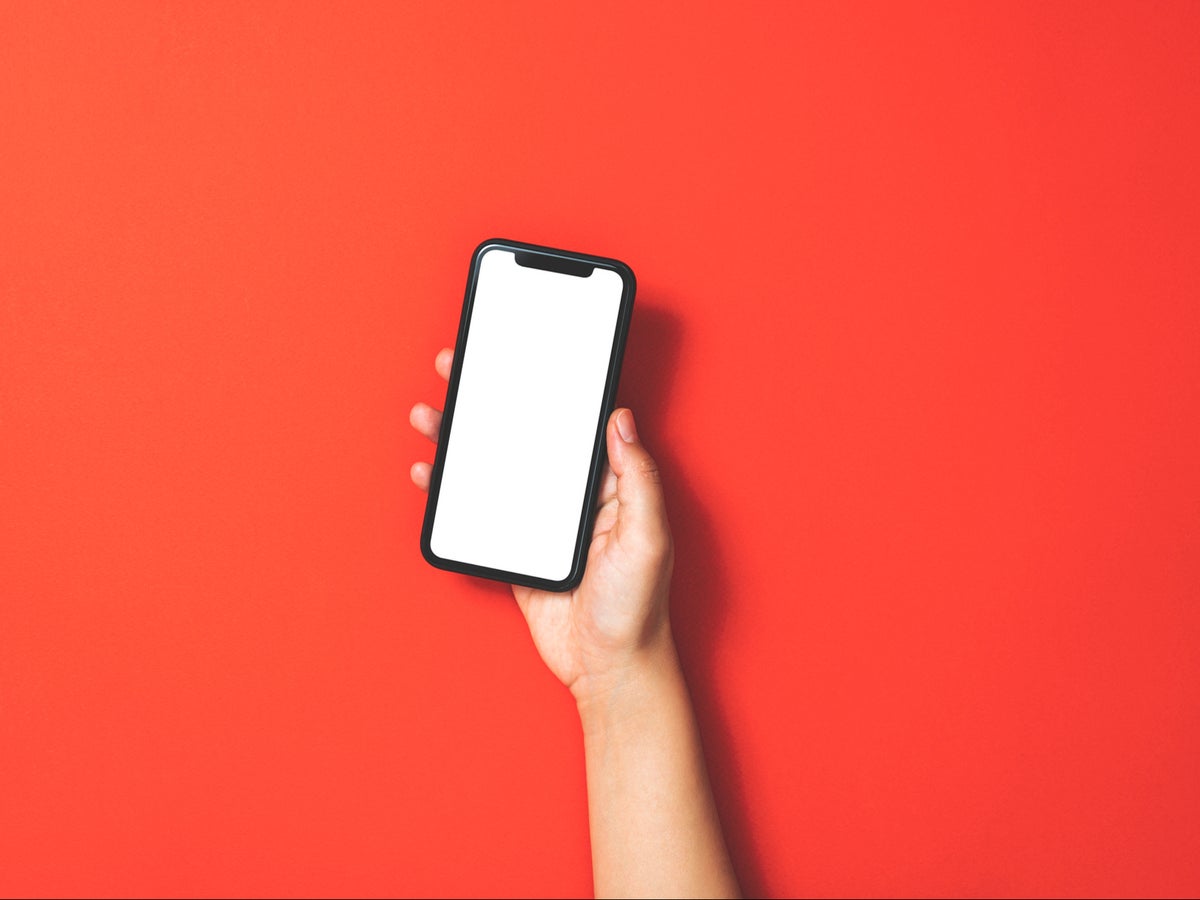
Using your smartphone to keep notes and set alarms and reminders could help improve your memory skills rather than erode them, a study has found.
Experts previously worried that over-reliance on technology to store such information could result in “digital dementia” and worsen the brain’s ability to retain information.
However, researchers at University College London have found that depending on smartphones as an “external memory” can in fact help people remember more things.
The small scale study, which involved 158 volunteers between the ages of 18 and 71, found that using a device not only helps people to remember the information saved into the device, but also to remember unsaved information as well.
Participants were asked to play a memory task developed by the researchers on a touchscreen digital tablet or computer.
They were shown up to 12 numbered circles on the screen and tasked to remember to drag some of these to the left and some to the right.
The number of circles they remembered to drag to the correct side of the screen would determine their pay at the end of the experiment.
One side of the screen was designated “high value” and circles that were dragged to this side was worth 10 times as much money as the other side.
The task was performed a total of 16 times by each participant. For half of the trials, they had to use their own memory to remember which circles to drag to which side, whereas for the other half, they were allowed to set reminders on the device.
Researchers found that the participants tended to use the device to remind them to drag circles to the high-value side.
When they did this, their memory for those circles was improved by 18 per cent. Memory for the low-value circles was also improved by 27 per cent even in participants who did not set any reminders for this side.
Dr Sam Gilbert of the UCL Institute of Cognitive Neuroscience, senior author of the study, said: “We found that when people were allowed to use an external memory, the device helped them to remember the information they had saved into it.
“This was hardly surprising, but we also found that the device improved people’s memory for unsaved information as well.”
He explained: “This was because using the device shifted the way that people used their memory to store high-importance versus low-importance information.
“When people had to remember by themselves, they used their memory capacity to remember the most important information. But when they could use the device, they saved high-importance information into the device and used their own memory for less important information instead.”
However, the study found a potential cost to using reminders on digital devices.
Once the ability to create reminders for the high-value circles was taken away, participants remembered the low-value circles better than the high-value ones.
This showed they had entrusted the high-value circles to the device and then forgotten about them.
Dr Gilbert continued: “The results show that external memory tools work. Far from causing ‘digital dementia’, using an external memory device can even improve our memory for information that we never saved.
“But we need to be careful that we back up the most important information. Otherwise, if a memory tool fails, we could be left with nothing but lower-importance information in our own memory.”







